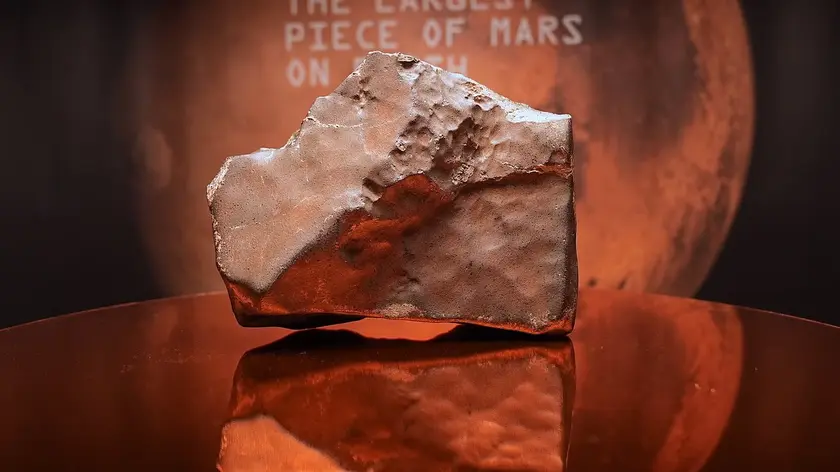T4K3.news
McDonough meteorite predates Earth
UGA scientists say the McDonough rock formed some 4.56 billion years ago, older than Earth.

Geology researchers say a meteorite that struck a Georgia home formed billions of years before Earth.
McDonough meteorite predates Earth
A meteorite that struck a home in McDonough, Georgia, in June was studied by scientists at the University of Georgia. The fragment, dubbed the McDonough Meteorite, weighed 23 grams and was recovered from the roof and floor of the house. Researchers classified the rock as a Low Metal ordinary Chondrite and believe it formed about 4.56 billion years ago, potentially older than the Earth, before joining a family of asteroids in the main belt.
The study also notes the rock’s journey through space before reaching Earth and describes the meteor’s high entry speed. Scientists used optical and electron microscopy to examine the fragments and plan to publish a paper detailing its composition and dynamics, hoping to better understand the threats posed by larger asteroids. The researchers emphasize that even small rocks travel fast through the atmosphere, illustrating how a casual daylight event can reveal deep cosmic history and a ongoing need for tracking space rocks.
Key Takeaways
"This particular meteor that entered the atmosphere has a long history before it made it to the ground of McDonough"
Quote from Scott Harris about the meteorite's travel history
"When they encounter Earth, our atmosphere is very good at slowing them down"
Explains atmospheric braking of meteoroids
"One day there will be an opportunity, and we never know when it will be, for something large to hit and create a catastrophic situation"
Harris on potential risks from larger asteroids
"Modern technology in addition to an attentive public is going to help us recover more and more meteorites"
On the role of technology and public participation
This discovery highlights how a single fragment can offer a window into the solar system’s early days. It is a reminder that the material that became our planet began life far earlier than Earth itself, born from ancient collisions and cosmic debris. Dating such rocks depends on type and context, which can sometimes blur the line between origin and timing. The broader takeaway is that the public can engage with science through unexpected events, and institutions can turn a home impact into a learning moment rather than a sensational one.
At the same time, the story underscores how media coverage of space rocks risks sensationalism if not anchored in clear, cautious language. Keeping expectations realistic about threats from space helps prevent anxiety while preserving curiosity. The work also shows the value of citizen and academic collaboration in recovering and studying meteorites, which can deepen public understanding of our place in the solar system.
Highlights
- The sky keeps writing our origin story
- Public interest meets live science on the ground
- Science turns tiny rocks into big questions
- Technology and curiosity unlock space rocks faster
Science keeps turning simple events into stories about our origins.
Enjoyed this? Let your friends know!
Related News
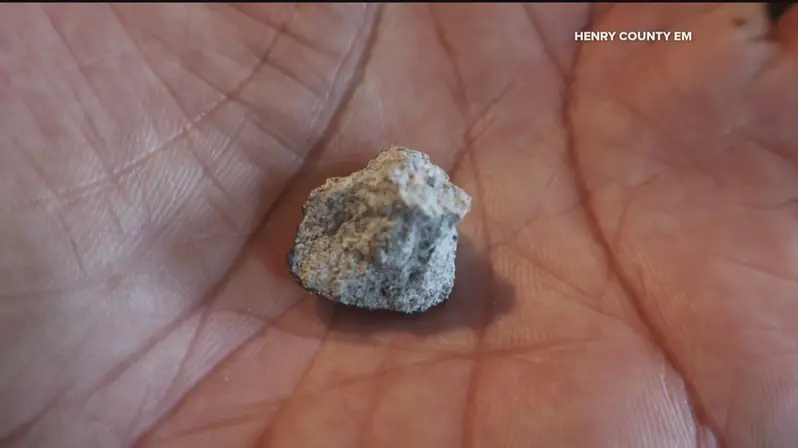
Meteorite found in Georgia home dates back to origins older than Earth
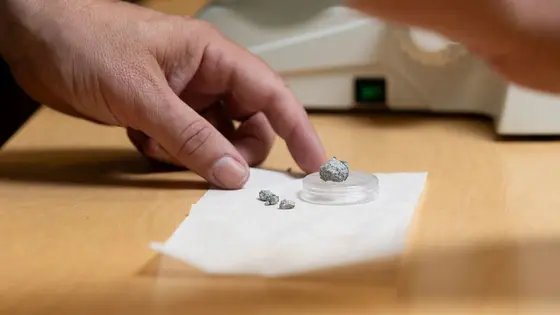
Georgia meteorite older than Earth identified
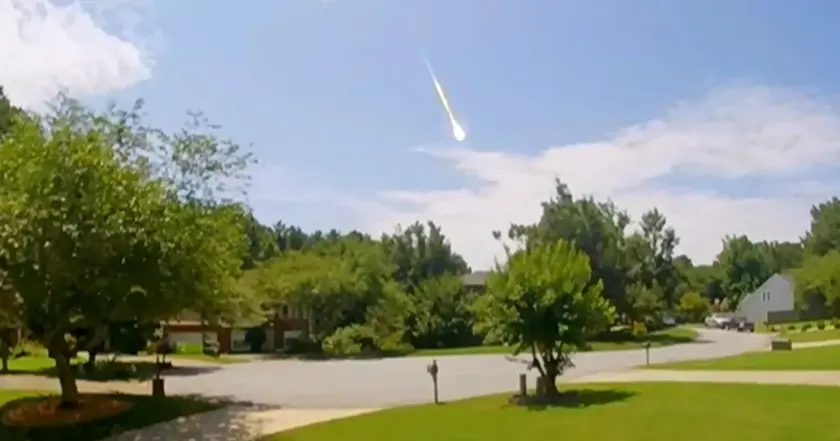
Georgia meteorite older than Earth
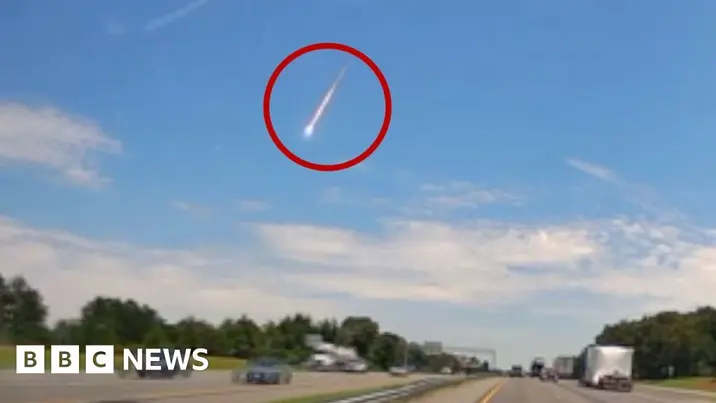
Meteorite found in Georgia
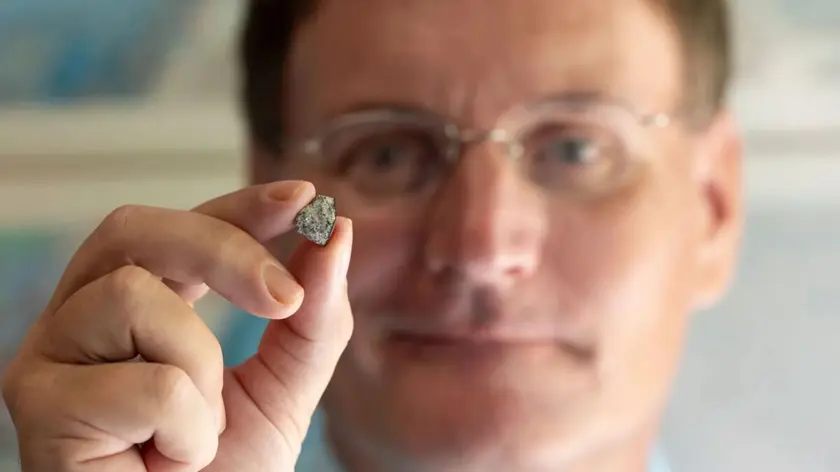
Ancient meteorite found in Georgia ages older than Earth

Meteorite in Georgia older than Earth

Georgia home meteorite dates to 4.56 billion years ago

Ancient Meteorite Lights Up Georgia Sky
